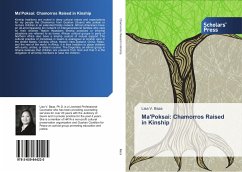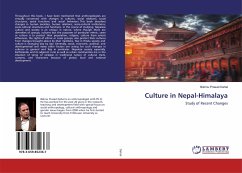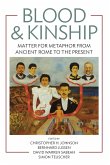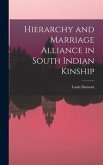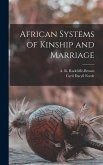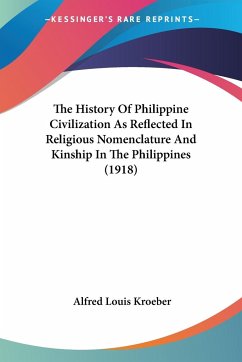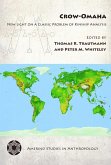Kinship traditions are rooted in deep cultural values and expectations for my people the Chamorros from Guahan (Guam) who poksai or nurture children in an extended family network. African Americans have an all-encompassing kin network of intergenerational families who care for their children. Native Hawaiians kinship practices or informal adoptions are referred to as hanai. African cultural groups in parts of Northern Africa also have a kinship custom of mutual support. The cultural practice of ma'poksai in Guam is analogous to kinship care in the United States, Canada, Africa, Hawai'i, New Zealand, China, Palau, and the rest of the world. In Africa, it is their tradition to place children with aunts, uncles, or distant cousins. The Dagomba, an ethnic group in Ghana believes that children are presents from God and that it is the obligation of all family members to raise the children.
